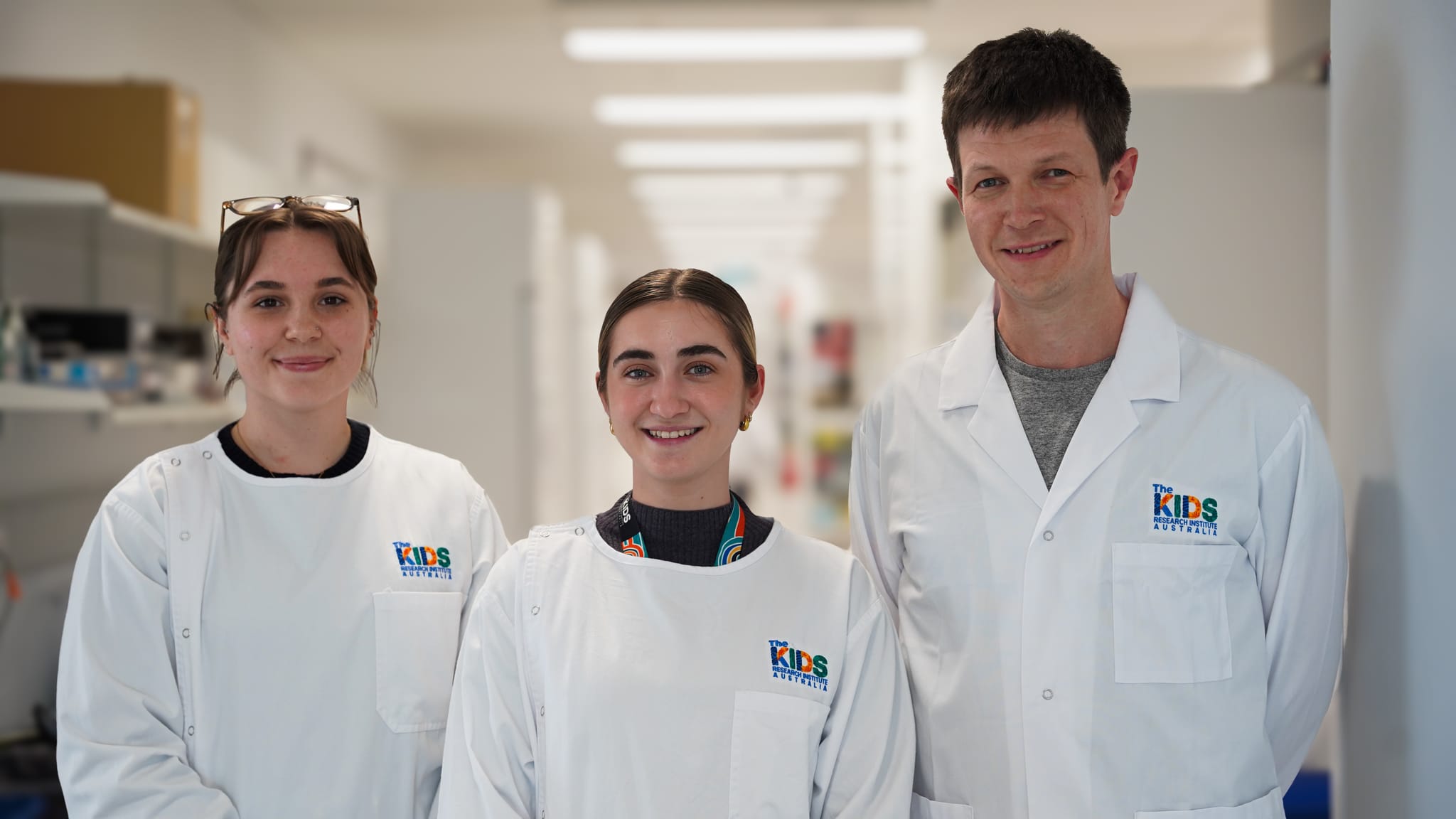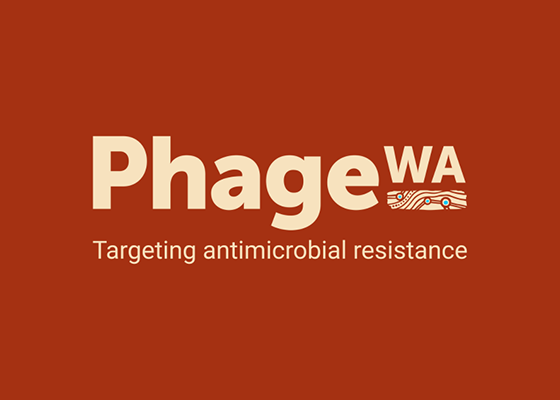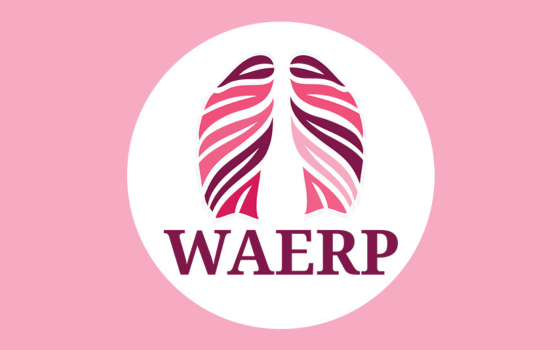Search

News & Events
A new phage discovery in the fight against Antimicrobial ResistanceJack Canning, a PhD researcher in the Wal-yan Respiratory Centre’s Phage WA team, has made a significant finding in the search for alternative treatments to antimicrobial-resistant (AMR) bacteria.

News & Events
Immune patterns linked to childhood asthma riskNew research digs deeper into how children's immune systems handle viral challenges

News & Events
Unique twin study reveals clues to childhood allergiesA study published in Science Advances has revealed that while genetics play a significant role in shaping children's immune systems, environmental factors also influence key immune responses, offering opportunity for preventing allergic diseases.

Leading the fight against Antimicrobial Resistance (AMR) in Western Australia.

Meet the team at Phage WA, who are working to tackle antimicrobial resistance (AMR) through phage therapy.

Our team uses AI to quickly analyse large amounts of genetic data to help discover alternate medications and improve existing treatments.

As part of our research development and planning we invite members of the community to work with us. Click here to find out how.

If you have any questions or would like more information about the Western Australian Epithelial Research Program (WAERP), please click here to access our contact details.

An exciting study is investigating whether a new therapeutic treatment for asthma will protect young sufferers from ongoing lung damage and improve their long-term health outcomes.

In Aboriginal culture, water is life, holding powerful spiritual and cultural significance and acting as a vital source of connection, food and medicine.
